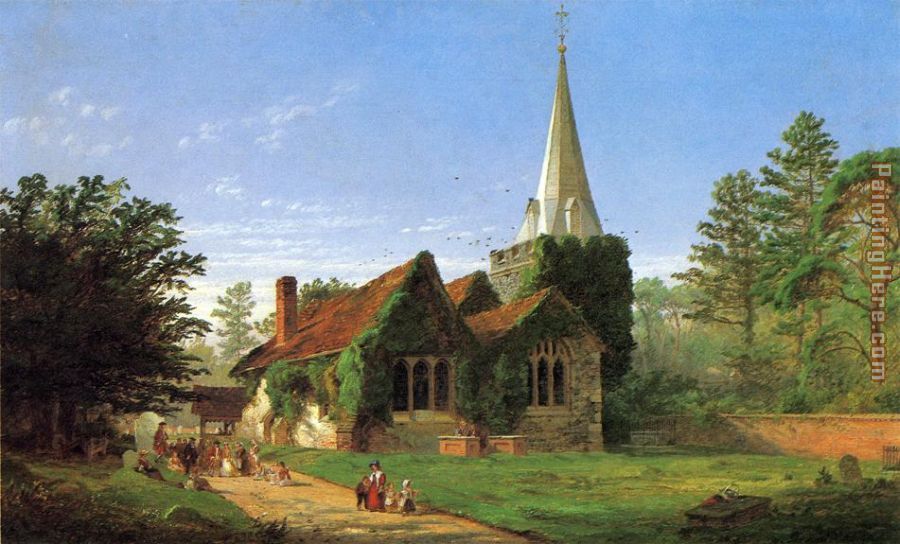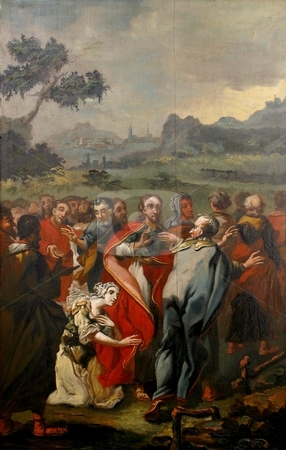
For the Lord himself will descend from heaven with a cry of command, with the voice of an archangel, and with the sound of the trumpet of God. And the dead in Christ will rise first.
1 Thes. 4:16 ESV
The season of Advent celebrates three comings of Christ: one future, one past, and one present. The Christ of the first coming came in obscurity offering salvation. The Christ of the second coming will come in power and great glory judging the world. Christ comes now through the indwelling Holy Spirit calling us to intimacy and holiness with him. Three comings, one Christ, one life change, one heart, yours.
The first coming of Christ the Lord, God’s Son and our God, was in obscurity. The second will be in sight of the whole world. When he came in obscurity no one recognized him but his own servants. When he comes openly he will be known by both the good and the bad. When he came in obscurity, it was to be judged.
When he comes openly it will be to judge. He was silent at his trial, as the prophet foretold . . . . Silent when accused, he will not be silent as judge. Even now he does not keep silent, if there is anyone to listen. But it says he will not keep silent then, because his voice will be acknowledged even by those who despise it.
St. Augustine, Sermon 18.1-2.
Cindy Crosby and Thomas C. Oden, eds., Ancient Christian Devotional: Lectionary Cycle B: A Year of Daily Readings [Kindle Edition] (Downers Grove, IL: InterVarsity, 2011).







